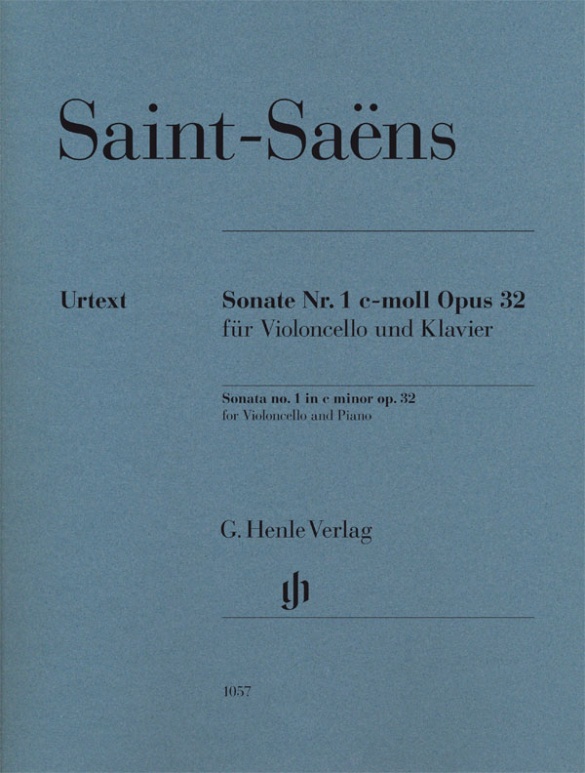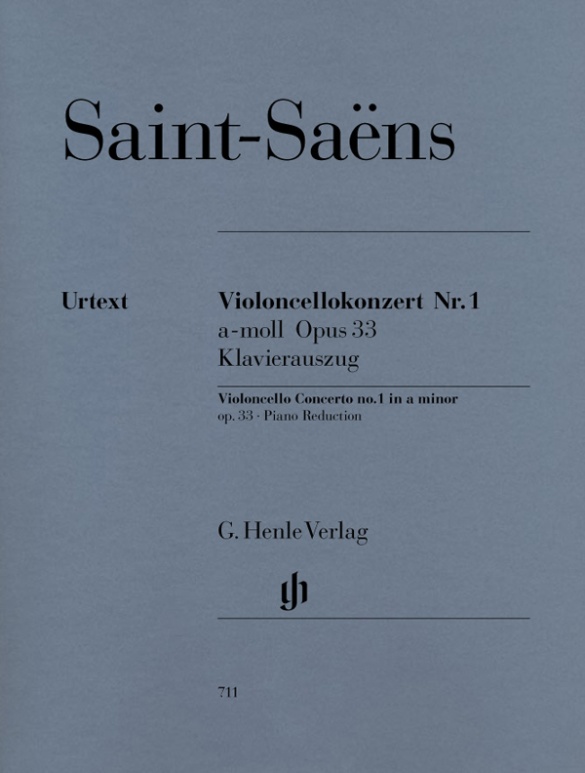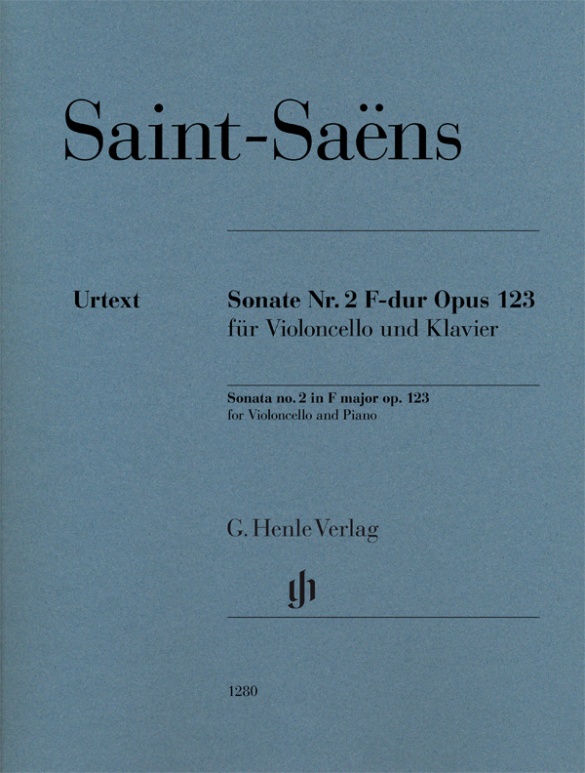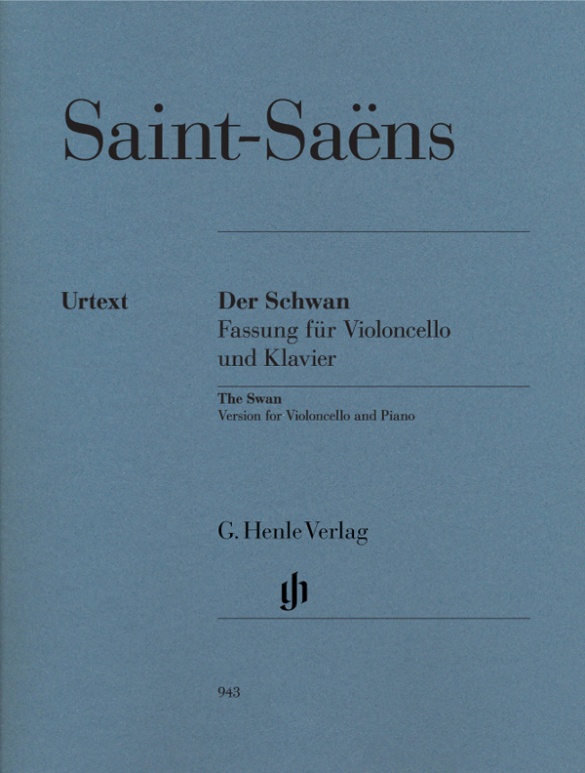

Camille Saint-Saëns
The Swan from “The Carnival of the Animals”
A few years ago we published the “Elephant” from the “Carnival of the Animals”. The curtain now rises for a further performance: the proud and elevated solo of the “Swan”.
Charles-Joseph Lebouc organised the première of this work and also played the cello part. With the composer’s permission, he then adapted this sonorous romance, accompanied by two pianos in the original, for violoncello and one piano. We are presenting the first ever Urtext edition of this popular cello work. The second piano part is reproduced in small print, thus permitting a comparison of the two versions.
Content/Details
About the Composer
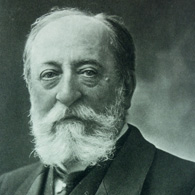
Camille Saint-Saëns
Saint-Saëns was one of the most multifaceted musicians of the second half of the nineteenth century in France. Regarded as a Classicist, he also wrote pieces with an Impressionist character to their sound, and one composition in quarter-tones. As a critic and essayist he was involved in the first complete editions of Rameau’s and Gluck’s works.
| 1835 | Born in Paris on October 9. Early comprehensive education. |
| 1848–52 | Studies at the Conservatoire de Paris. |
| 1853 | Organist at St. Merry Church in Paris. |
| 1853–59 | First large-scale works: Symphony No. 1, Op. 2 (1853), and No. 2, Op. 55 (1859); Piano Concerto No. 1, Op. 17 (1858); Violin Concerto No. 1, Op. 20 (1859); Mass, Op. 4 (1856); he attempts to arrive at unique forms. |
| 1857–77 | Organist at La Madeleine in Paris. |
| 1861–65 | He teaches at the École de Musique Classique et Religieuse Niedermeyer. |
| 1871 | Founding of the Société Nationale de musique. |
| 1871–77 | Composition of symphonic poems “Le rouet d’Omphale” (“The Wheel of Omphale,” 1871), “Phaéton” (1873), “Danse macabre” (1874), “La jeunesse d’Hercule” (1877). |
| 1876 | Attends the performance of the Ring in Bayreuth. |
| 1877 | Performance in Weimar of his opera “Samson et Dalila.” |
| 1881 | Member of the Académie des Beaux-Arts. |
| 1883 | Performance in Paris of his opera “Henry VIII.” |
| 1885 | Publication of the treatise “Harmonie et mélodie.” |
| 1886 | Performance in London of his Organ Symphony (Symphony No. 3 in C minor): major work with thematic transformation after Liszt’s model. Composition of “The Carnival of the Animals,” the publication of which he forbade during his lifetime. |
| 1899 | Publication of the book “Portraits et souvenirs.” |
| 1900 | Cantata “Le feu celeste” in praise of electricity, for the opening of the Exposition Universelle. |
| 1921 | Death in Algiers on December 16. |
About the Authors
David Geringas (Fingering and bowing for Violoncello)
Product Safety Informations (GPSR)

G. Henle Verlag
Here you can find the information about the manufacturer of the product.G. Henle Verlag e.K.
Forstenrieder Allee 122
81476 München
Germany
info@henle.de
www.henle.com
recommendations
autogenerated_cross_selling
Further editions of this title
Further editions of this title


